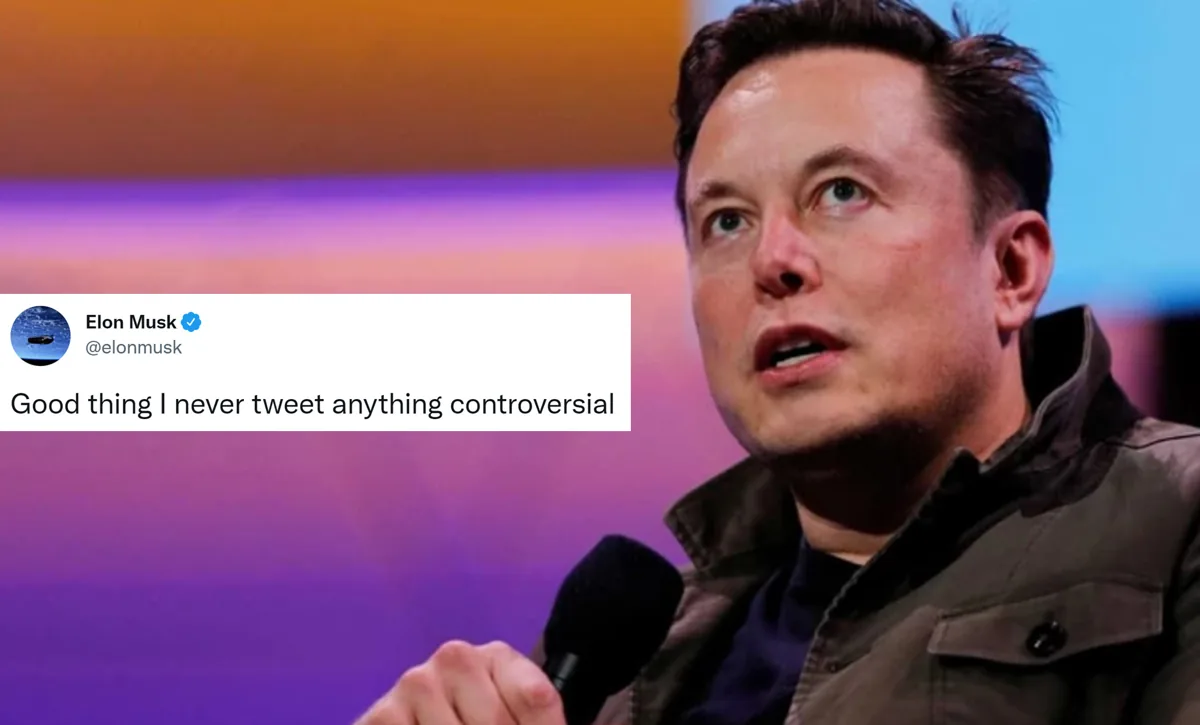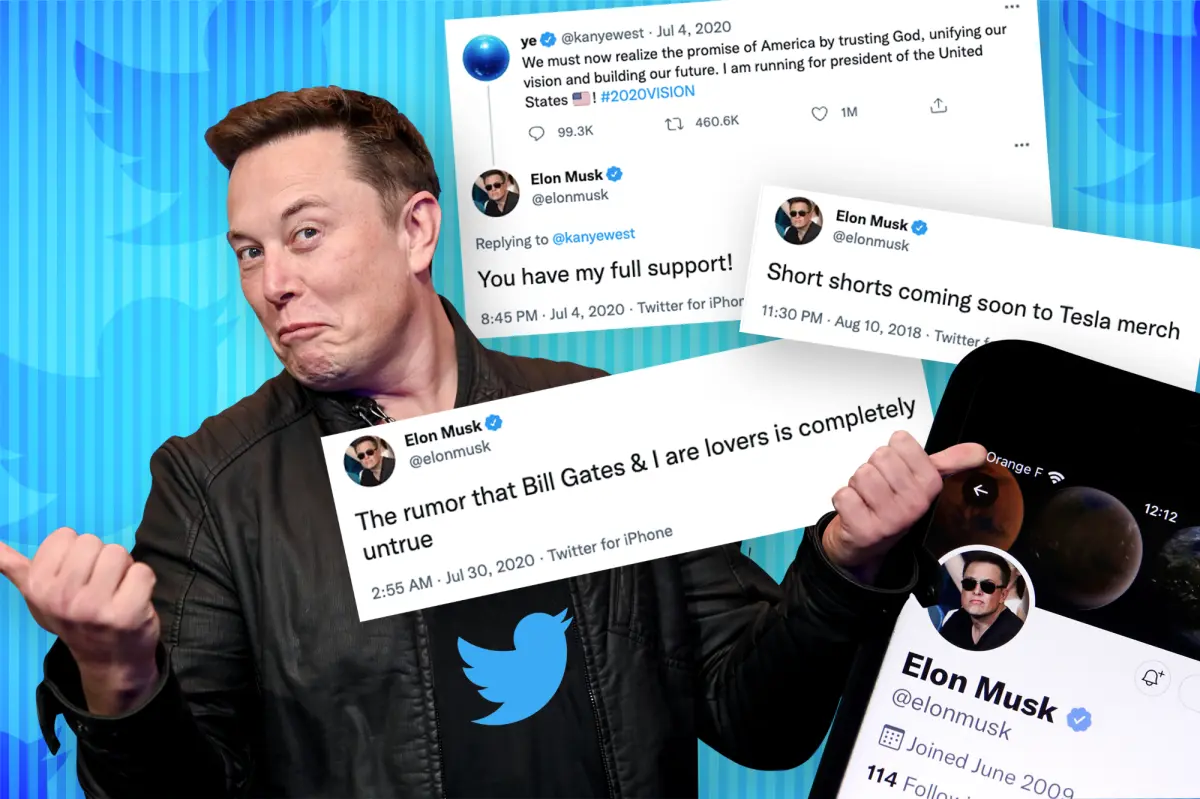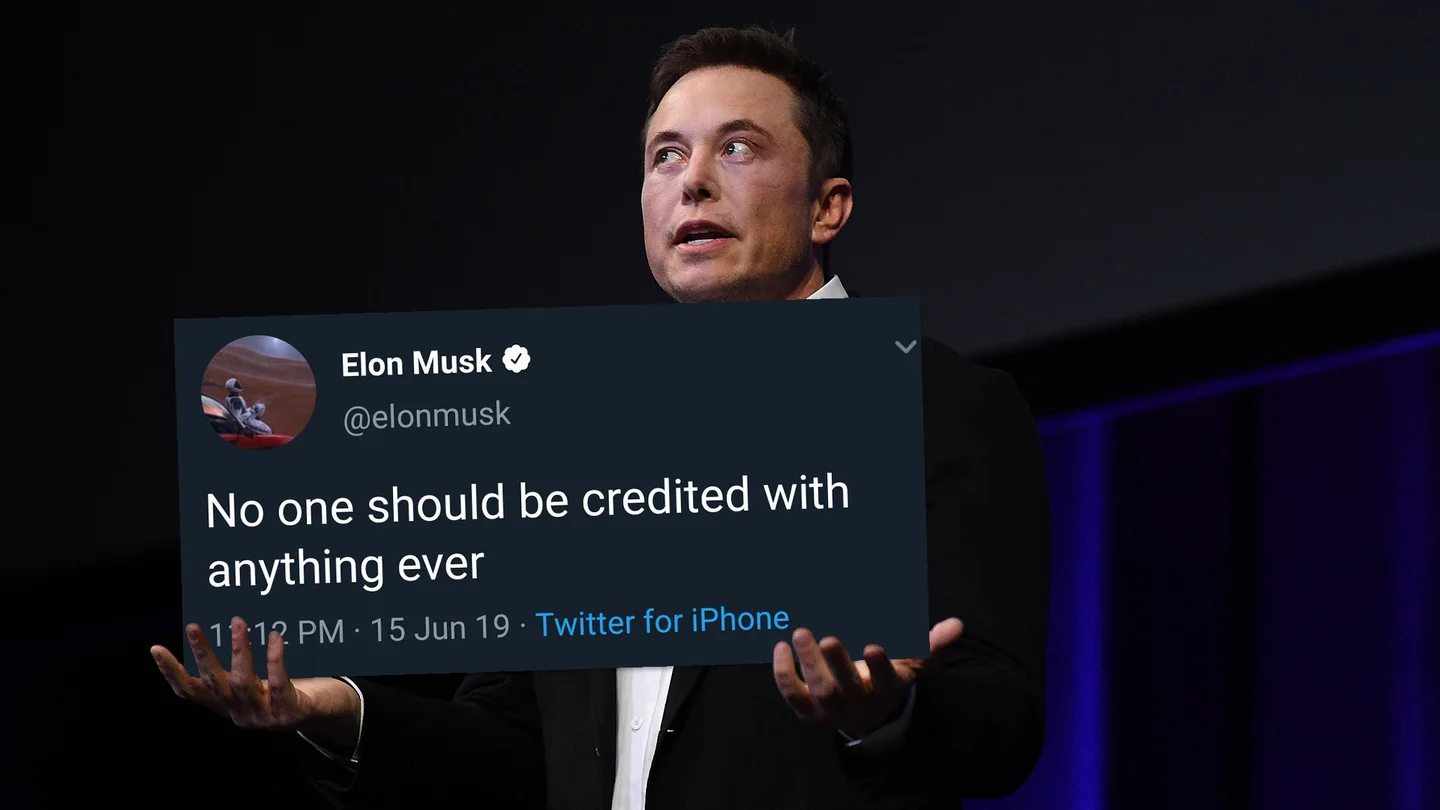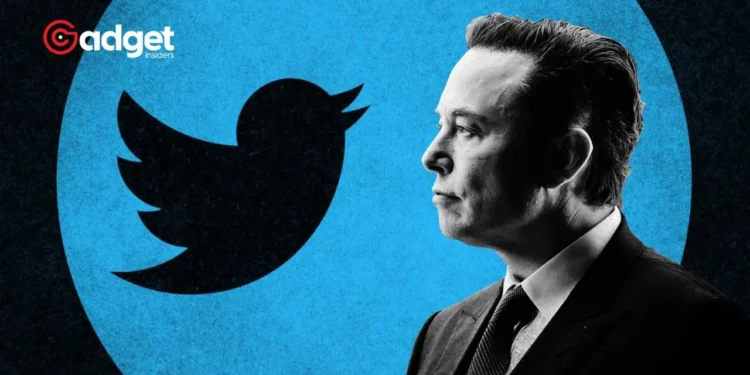In the heart of Silicon Valley’s whirlwind, where technology and social media intersect with global finance, Elon Musk, the CEO of Tesla and a prominent social media figure, has recently made headlines that underscore the tangible impact of digital words in the real world. In a candid revelation during his deposition on March 27th, Elon Musk conceded the financial repercussions his tweets might have on his ventures, specifically the platform formerly known as Twitter.
This admission marks a pivotal moment, illuminating the often-overlooked consequences of influential voices in the digital sphere.

Elon Musk’s Social Media Saga: From Influence to Admission
Elon Musk’s social media activities have always been a double-edged sword, garnering attention, admiration, and controversy in equal measure. His latest deposition, unveiled by The Huffington Post, brought to light Elon Musk’s reflection on the impact of his digital footprint.
The deposition, part of a defamation lawsuit filed by 22-year-old Ben Brody, has thrust Musk into a legal spotlight, challenging the billionaire’s understanding of the lawsuit and the potential financial harm his actions could cause to the company.
The controversy stems from a series of Musk’s tweets last summer, endorsing an unfounded far-right conspiracy theory linking Brody to a violent altercation in Oregon.
This misrepresentation not only placed Brody in harm’s way but also raised questions about the responsibility borne by influential figures like Elon Musk in moderating their online presence.
Elon Musk's admission sheds light on the potential repercussions of his social media activity.https://t.co/bO4mPWiCMe
— Tech Times (@TechTimes_News) April 9, 2024
The Financial Fallout and Beyond
Elon Musk’s acknowledgment of the potential financial harm to Twitter underscores a significant shift in the mogul’s perception of his social media influence.
Despite his vast following and the platform’s global reach, Elon Musk admitted a “limited understanding” of the lawsuit’s nuances but recognized the broader implications of his online behavior.
The deposition highlighted Elon Musk’s grappling with the balance between engaging content and the financial health of his company, a dilemma that lies at the heart of social media’s role in business today.

This acknowledgment comes amid Elon Musk’s broader reflections on the effects of his social media interactions. Despite the Kevlar shoe controversy and other incidents, Elon Musk emphasized his focus on content he deems engaging or significant to the public, rather than being driven by financial considerations.
However, this stance has led to unforeseen consequences, raising questions about the intersection of free speech and accountability in the digital age.
Defending Digital Actions in a Real-world Arena
The defamation lawsuit against Elon Musk, centered on his promotion of a baseless narrative, highlights the precarious nature of digital discourse.
Elon Musk’s engagement with the conspiracy theory not only amplified unfounded claims but also exposed the real-world implications of online actions. Brody’s ordeal, forced to evacuate his residence due to the backlash, serves as a stark reminder of the power wielded by figures like Elon Musk and the responsibility that accompanies it.

As the legal proceedings unfold, Musk’s deposition offers a rare glimpse into the mindset of one of the most influential figures in the tech world, navigating the complexities of social media’s impact on personal and professional realms.
It underscores the evolving narrative of digital influence, where the lines between online engagement and real-world consequences are increasingly blurred.
In an era where social media platforms serve as arenas for public discourse, Musk’s admissions serve as a cautionary tale. They highlight the need for a more nuanced understanding of digital influence, one that balances the drive for engagement with the responsibilities of global leadership in the digital age.









